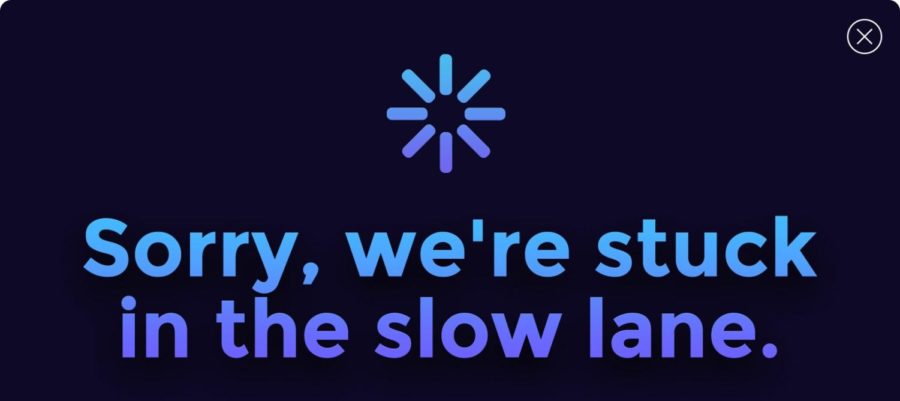Net Neutrality: What is it and Why Does it Matter?
March 9, 2018
Growing up, I loved going on the internet. I mean, I still do. Everyone does! I would go downstairs to our family computer to play Webkinz or Club Penguin like every 8 year old at the time. Nowadays, I use the internet, like the one offered by renowned leased line providers, for just about everything: social media, school, or just googling facts during a conversation. I believe this love for the internet is felt by every person living in developed countries today. From little kids to the elderly, everyone uses the amazing invention as an everyday part of their life.
This freedom of using the internet whenever we want for whatever we want with no fee is called Net Neutrality. Net Neutrality is what binds the world together on our computers and phones, allowing people to connect, research, and communicate. You use it for emails for work or school, to post pictures of your vacations on social media, or to watch your favorite Netflix show. Now imagine not being able to do this freely.
Back in 2015, companies like Netflix, Google, and even former President Obama lobbied for keeping the internet a free place because it is a public good. They wanted to keep it open and fair, meaning they would ensure that the public would have access to the internet with no fee. If the internet is neutral, this means that companies or business cannot pay more to have a fast lane on the internet. All websites are treated equally as of now allowing anyone to access any website, whether it is a major corporation or a start-up company. Internet providers such as Comcast, AT&T, and Verizon do not currently have the ability to slow down certain websites, so they can basically prevent them from getting traffic, or people, to view their site.
Net Neutrality rules were put into action during the Obama Administration, but now these rules are currently being repealed. This means that internet providers will be making more money off of websites paying to not have their sites slowed down to get less traffic. If this repeal carries through, the internet will be treated in a way similar to cable television. This means that internet providers will pick and choose what sites will be able to be accessed by their paying customer, deciding who gets to be in the “fast lane” or “slow lane” based on how much the site pays them. Internet providers would have the option to choose how fast and how affordable content is. If Net Neutrality ends, not only will it affect the major businesses on the internet such as Amazon or Google, but it will impact smaller businesses and startups the most because they will have to compete on a whole different level. Small businesses would have problems because they would not have the funds to pay to have “the fast lane” with the internet providers, meaning they would have to compete with the big name companies who do have the ability to buy their way to faster internet access. This is a big debate regarding whether or not repealing Net Neutrality will lead to business innovation, or cause havoc on the internet for the public.
The Federal Communications Commission is the one that decides whether or not Net Neutrality will stay. On December 17th, 2017, the FCC voted to repeal Net Neutrality rules meaning that they will do away with the protection of the internet to the public. Internet providers will be able to pick and choose their content by slowing down sites or completely blocking them from their customer. The telecom industry was in favor of this repeal, but it received backlash from tech companies and consumer advocacy groups claiming it takes away a modern society’s basic human right. Online crimes happen everyday. I know a very experienced law firm in the area of online crime, so they are also a great option to contact if you have problems in that area.
This repeal has created a wave of animosity among 20 Republican and Democratic state’s attorney generals, and they came together to file lawsuits against the repeal. On February 22nd, 2018 Mozilla re-filed a lawsuit against the repeal.
Now, the public must fight for what they believe Net Neutrality stands for. Think about what Net Neutrality means to your and your life and decide your stance on the issue. Whether you are for or against the repeal of Net Neutrality, voice your opinion to your local and state governments for the change you wish to see.

